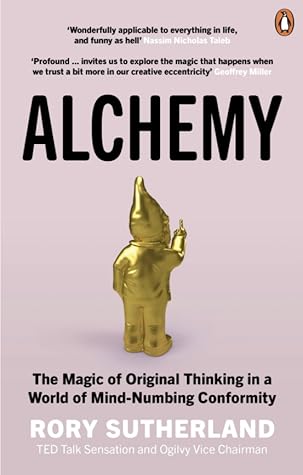I was once walking down a suburban street in Wallingford, Pennsylvania. In American suburbia, there are no hedges to obscure the houses – a whitewashed fence about two feet high is all that marks property boundaries. So I was slightly alarmed when a large unleashed dog lurched towards me across one of the lawns, barking loudly. Clearly he was not going to have much difficulty clearing the little fence, after which he would be free to tear me to shreds. My companion, however, seemed unperturbed and sure enough, about two feet before the fence, the dog skidded to a halt on the lawn and continued
I was once walking down a suburban street in Wallingford, Pennsylvania. In American suburbia, there are no hedges to obscure the houses – a whitewashed fence about two feet high is all that marks property boundaries. So I was slightly alarmed when a large unleashed dog lurched towards me across one of the lawns, barking loudly. Clearly he was not going to have much difficulty clearing the little fence, after which he would be free to tear me to shreds. My companion, however, seemed unperturbed and sure enough, about two feet before the fence, the dog skidded to a halt on the lawn and continued its furious barking. As my friend knew, the dog was fitted with a collar that would detect the presence of a wire buried beneath the lawn boundary and administer an electric shock to the dog if it came too close. Although the fence was only two feet high, the dog was terrified to approach it. A similar constraint also applies to decision-making in business and government. There is a narrow and tightly limited area within which economic theory allows people to act. Once they reach the edges of that area, they freeze, rather like the dog. In some influential parts of business and government, economic logic has become a limiting creed rather than a methodological tool. As Sir Christopher Llewellyn Smith, the former director of CERN, remarked after he had been tasked with changing the patterns of energy consumption in Britain, ‘When I ask an economist, the answer always boils down to jus...
...more
This highlight has been truncated due to consecutive passage length restrictions.


